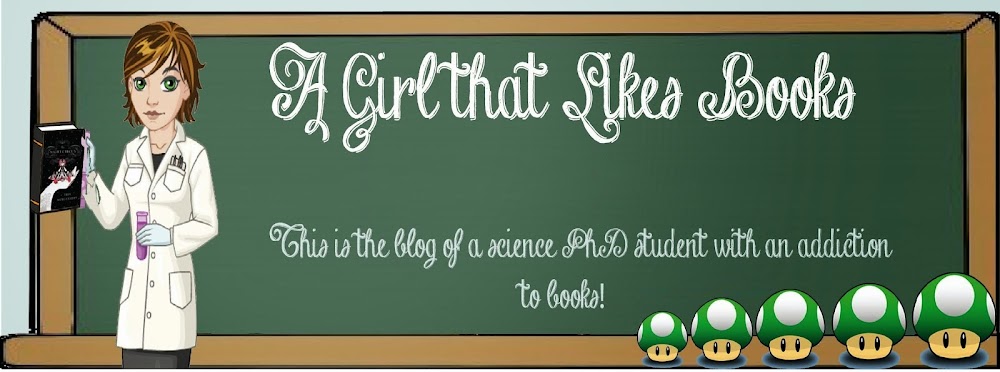Genetically speaking, humans are terrible research subjects
Why I read this book?
We bought this book a while ago; while I do not work with HeLa cells directly it is a very renown cell line in my field. Reading about the origin of it was very interesting to me.
What's the book about?
The book looks not only at the scientific part of the development of the HeLa cell line but how this affected (or not) the family of Henrietta. It jumps back and forward in time to explore the conditions under which the cells were obtained, the life Henrietta had and then the life that her descendants had.
What about the characters?
One of the main characters is in this case the author itself. Some of the chapters are told from her point of view but we do not get to know her much. You can tell she was determined and that she was always very honest with the Lacks but that's pretty much it. As for Henrietta...if you wanted to know more about who she was as a woman you might be disappointed. Although there is a bit of that side of the story, this is not the main focus of the story. I get the feeling that I learnt more about the sons and daughters of Henrietta than about herself.
Final thoughts
The science part was probably the best part for me. Seeing how research has changed in so little time is always impressive and exciting for me. Sometimes reading about the old techniques (both medical and in the lab) made me cringe thinking how that wouldn't pass at all nowadays; but it is also amazing to see the ingenuity of people, particularly researchers, building incubators and centrifuges with spare parts for example. It was also particularly interesting to read about the beginning of patented biological material, and this made me want to read more on the subject. It is impressive to learn that some things have not change until very recently or haven't at all concerning privacy of the patient and rights over your own body. I think the author did a good job vulgarizing the scientific part of the story.
Although the way the descendants of Henrietta are depicted made me sympathised with them on several counts, after a fair amount of repetitions of the sentence "we should've been paid" starts to get a bit lost in white noise. Even though it is undeniable that some retribution if not at least some recognition should've been awarded to the family them I would've like to know a bit more about Henrietta's past and not to stretch the fact that the family feels wronged.
If you pretty up how people spoke and change the things they said,
that's dishonest. It's taking away their lives, their experiences, and
their selves



No comments:
Post a Comment